Africa’s fastest regional bloc beset by budget deficit
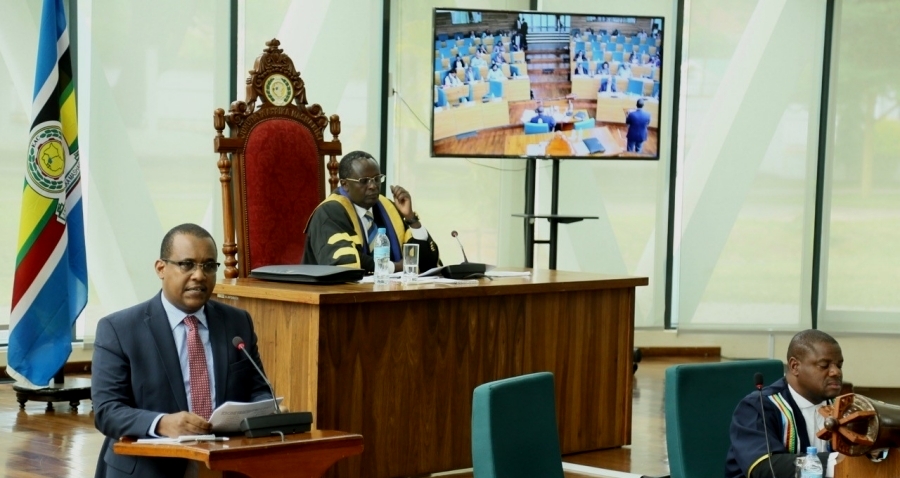 During its current sitting in Arusha, Tanzania, the East African Legislative Assembly has asked the Council of Ministers to urgently address the deficit issue.
During its current sitting in Arusha, Tanzania, the East African Legislative Assembly has asked the Council of Ministers to urgently address the deficit issue.
October 8—Regional legislators are putting pressure on East African Community (EAC) governments to keep up with their membership subscriptions with South Sudan bearing the most heat for its rising stock of arrears. Some MPs now want an October 31st deadline placed on the country to clear its debts or face sanctions.
Mid this year, legislators passed a budget of $111 million for 2019/20 with more than half of the money coming from external sources.
Foreign donors continue to pay for the EAC Secretariat’ development budget or close to $55 million this financial year. However the Arusha headquarters sometimes can barely make ends meet to maintain recurrent expenditure, including monthly salaries, due to the irregular remittances from member states.
According to the African Development Bank, with the addition of Ethiopia and Djibouti, during 2018, real GDP in East Africa grew by an estimated 5.7 percent, slightly less than the 5.9 percent in 2017 and the highest among African regions. Economic growth is projected to remain strong, at 5.9 percent in 2019 and 6.1 percent in 2020.
The EAC is comprised of Burundi, Kenya, Rwanda, South Sudan, Tanzania and Uganda. Top performers in remittances are Kenya and Rwanda while South Sudan and Burundi are the worse. In the middle lie Tanzania and Uganda. Last financial year, each member state was supposed to contribute $8 million to the EAC Secretariat.
During its current sitting in Arusha, Tanzania, the East African Legislative Assembly has asked the Council of Ministers to urgently address the issue. The Council is the second highest body in the EAC hierarchy after the Heads of Summit.
The MPs agreed on Monday that what is critical to the matter is the need for all Partner States to duly remit their financial obligations in a timely manner and fashion.
The Assembly has recommended that the Council should consider invoking Article 143 or 146 to impose sanctions against Partner States that default on payment, particularly South Sudan.
In response, Adan Mohamed, Cabinet Secretary, Ministry of EAC Kenya said the Council of Ministers would study the recommendations of the House. Mohamed, who sits on the Council, directed the EAC Secretary General to make proposals on sanctions that can be imposed on EAC Partner States that breach the Treaty in line with Article 143.
He said they are expecting a report on the Alternative Funding mechanism to be on its agenda before the next Summit of EAC Heads of State in November, 2019. He said, “The Council is aware that once concluded, the alternative funding mechanism will be a solution to the financial challenges. Council will continue directing Partner States to remit the finances in a timely manner.”
However this came after one legislator, Mathias Kasamba said the build-up of arrears and consistent delays in remitting the money was worrisome. He said the current budget performance stands at 59 pc and wondered whether it was prudent to continue planning for support of 100 pc of all activities.
He said, “We need to find out why the Republic of South Sudan is not paying. I support the motion to give them the month-long deadline to show commitment to the integration process. What timelines should we give the Minister for EAC from Republic of South Sudan to be sworn in?”
Wanjiku Muhia said, “The matter is nothing personal – but for the good of the EAC. I plead with the front-bench (Council of Ministers) to give us the answer to unlock the impasse.”

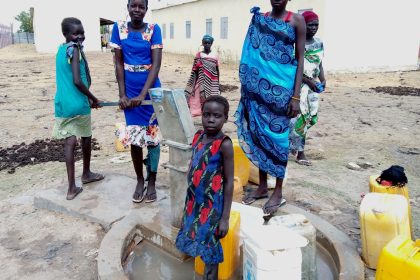 Unpacking results-based financing: balancing strengths with weaknesses
Unpacking results-based financing: balancing strengths with weaknesses
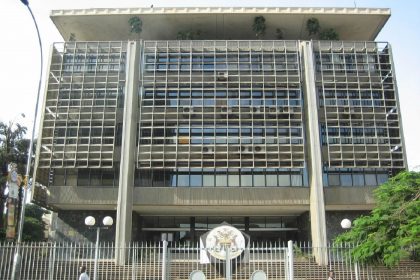 Mergers and degradations predicted as Uganda lenders move to comply with higher capital thresholds
Mergers and degradations predicted as Uganda lenders move to comply with higher capital thresholds
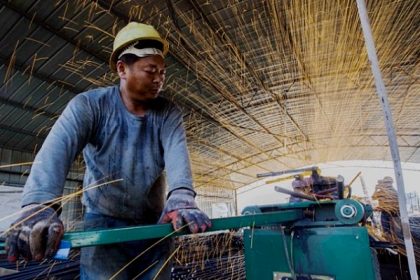 Regional tentative policy to govern cross-border labour gets approval
Regional tentative policy to govern cross-border labour gets approval
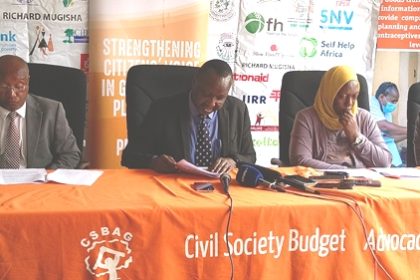 Uganda on edge of debt distress, needs 35 years to settle domestic arrears
Uganda on edge of debt distress, needs 35 years to settle domestic arrears
 Uganda raises purity standards for tin exports
Uganda raises purity standards for tin exports
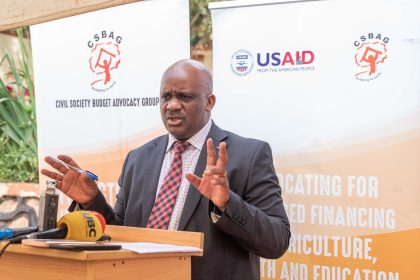 CSBAG warns fiscal indiscipline and runaway graft a threat to Uganda’s economic recovery
CSBAG warns fiscal indiscipline and runaway graft a threat to Uganda’s economic recovery
